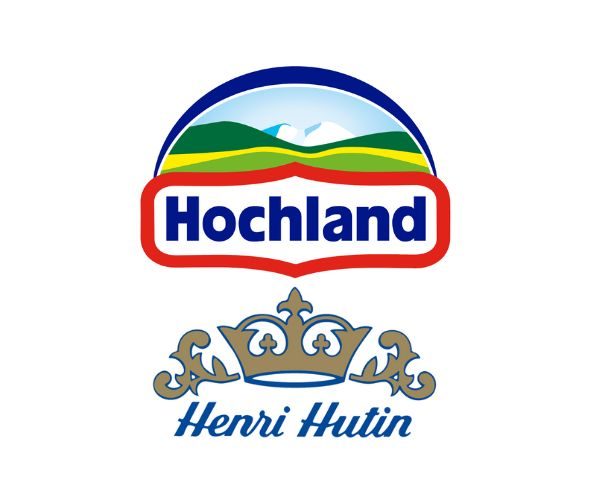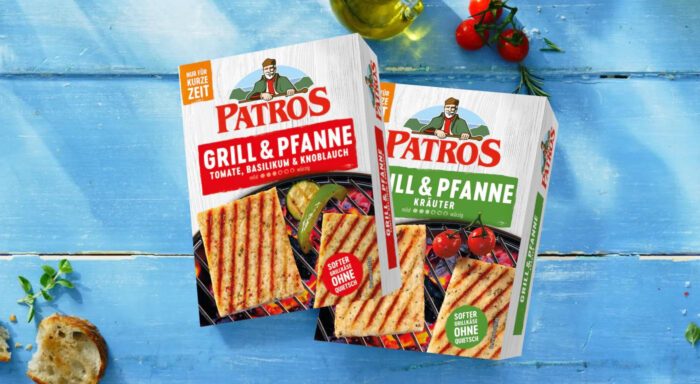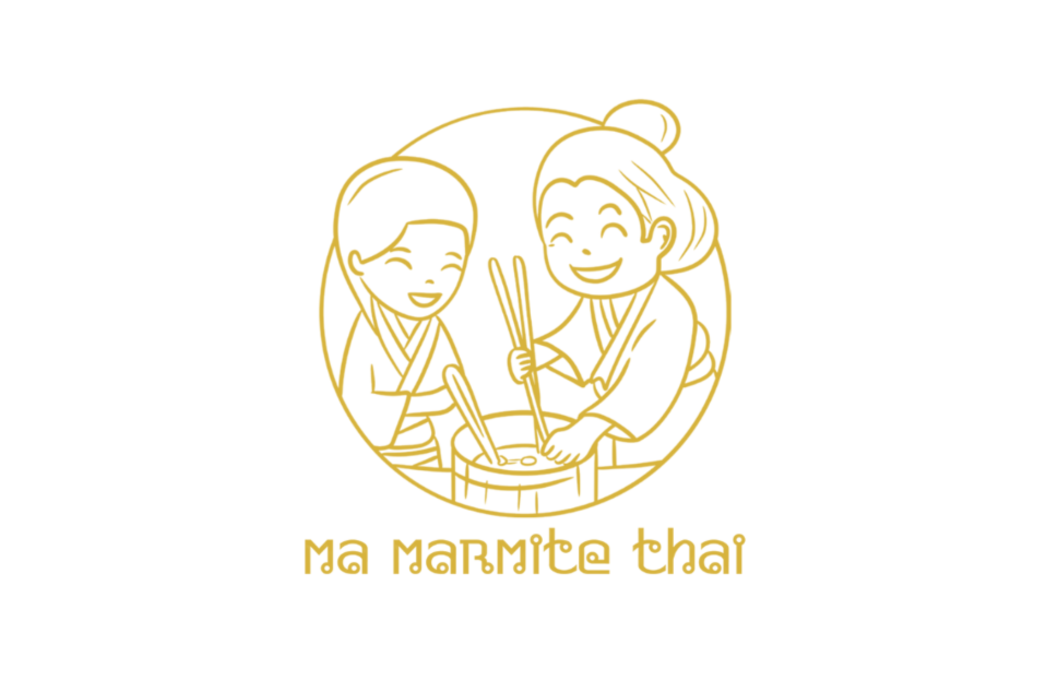Customer testimonials
Pasteurization of soft doughs and autoclave operation: CTCPA trains Hutin (Hochland group)
20
June

Published on: 20/06/2024
CTCPA supported the R&D, quality, technical, project management and production teams at Hutin, a French subsidiary of the Hochland group, with training in autoclave operation and pasteurization of their products. Here's a look back at their activity and our support.
"The training was very rewarding. The teams needed to be reassured in the face of this new technology under pressure.
Everyone enjoyed the training despite the different levels of knowledge. Everyone has found something to their liking. »
Introduce us to Hutin and the Hochland Group
The Hutin company was founded in 1922 by Henri HUTIN, a master cheesemaker in Lacroix-sur-Meuse. Thanks to its know-how, the Fromagerie has never ceased to evolve in the manufacture of soft (Brie), pressed and fresh cheese specialties... Today, Hutin is a French subsidiary of the Hochland Group, a major player in the cheese industry. The group, present in 8 countries, stands out by offering products from different cheese technologies in a dynamic of innovation and permanent adaptation.

At Hutin, we produce + 20,000 tons of cheese per year.
Why did you contact the CTCPA?
For several years now, Hutin has been modernizing and has launched an investment project to the tune of 90 million euros with the aim of meeting the needs of our customers even better, by offering a range of different milk qualities (GMO-free, organic, grazing, goat's milk, etc.) and different types of technology, while optimizing our processes economically and sustainably.
The work began in February 2020 and will be completed in 2025. We have built new buildings and acquired new machines. This project includes a total renovation of the soft cheese workshop, to automate it and reduce the number of tedious jobs (such as manually turning the cheeses over for draining). We've become Europe's most modern soft cheese plant! In particular, we have added two new technologies to the plant: the LAGARDE autoclave for pasteurization and a line for the manufacture of delicatessen products.
The autoclave is the latest addition and the reason why we contacted the CTCPA. We had less than a year to complete this project. Our desire was to manufacture paneer type products (Indian cheese made from milk, lemon and salt) to be reheated on the barbecue. Originally, an atmospheric cooking process was used, but this is not capable of cooling. The product had to be placed in a cooling tunnel. Using the autoclave, we can cook and cool in less than an hour. This new equipment has also enabled us to improve our approach to sustainable development, as the entire process is now located on our site, avoiding the need for numerous truck transports to Germany for the baking process. This has enabled us to internalize our processes, which in turn has enabled us to develop new skills and professions.
How did the CTCPA support Hutin?
Internally, and with the help of our suppliers, we made plans. When we saw a little more clearly, we contacted the CTCPA for the first time. Nicolas MARISSAL made the teams aware of the heat treatments of a product cooked in its packaging for a day. He also gave us some advice for the workshop plan (including the enlargement of the cold zone).
Once all the technical aspects had been settled, the operators had to be selected and trained. To take things a step further, and to ensure that everyone involved in the project spoke the same language, we wanted the R&D, quality, technical and production departments to be trained as well.
Xavier DEVIS came to train our teams over 2 days (1 day of theory beforehand, then 1 day of practice). At the same time, Marie HEBERT mapped out the autoclave.
How did the support go?
Opinion of Erwan MENTRE, Quality and Sustainable Development Director
The training was very rewarding. The teams needed to be reassured in the face of this new technology under pressure. Everyone enjoyed the training despite the different levels of knowledge. Everyone has found something to their liking. We would like to congratulate our trainer: Xavier DEVIS.
Opinion of Laura MENET, project manager "autoclave platform" :
For my part, I did not take the training. On the other hand, I had very good feedback from the operators who were delighted to have discovered a new process. The trainer made the link with uses in private life, which made it easier to understand. They were well made aware of the proper use of autoclaves and their dangers. The mix of different departments has made it possible to create a fusional group. Everyone was able to contribute to the building.
It should be noted that our contact at Lagarde was also very good!
The CTCPA was also available as soon as we had questions before and after the training. We always received advice and were able to send all our documentation in advance. The training was therefore personalized!
Opinion of Damien HUMBERT, Deputy Pressed Pasta Manager and Autoclave Line Project Manager :
Initially, we were apprehensive about using the autoclave because it is a brand new technology for us, but the training was very rewarding. Everything has been explained clearly. It allowed us to better understand this new manufacturing process. With the workers and managers, we were very satisfied. Congratulations to the trainer!
Opinion of Camille PIERSON, quality manager of the factory :
For my part, I had no knowledge of autoclaves. The theoretical training allowed us to make good progress on the technical knowledge of the device (probes, water, etc.) and also on the part relating to pasteurization. This information allowed me to start the HACCP process more serenely with figures and official documents.
I was apprehensive about the autoclave (pressure) but the training helped to de-dramatize. When you master a subject, fear evaporates. Honestly, the training came at the right time with a good trainer and good support.
Where do you stand today?
The platform rotates. We have successfully received veterinary accreditation. The products are marketed. The mechanization has been operational for three weeks.
Our R&D department thinks about new products... To be continued!
__
HUTIN CONTACT: Website - LinkedIn - Facebook
CONTACT CTCPA :
- Xavier DEVIS – Technology Project Manager – xdevis@ctcpa.org
- CTCPA Amiens – amiens@ctcpa.org
For all your heat treatments, the CTCPA supports you with the help of Development and validation of scales, ohmic heating, isobar scales... Get in touch with our experts.






